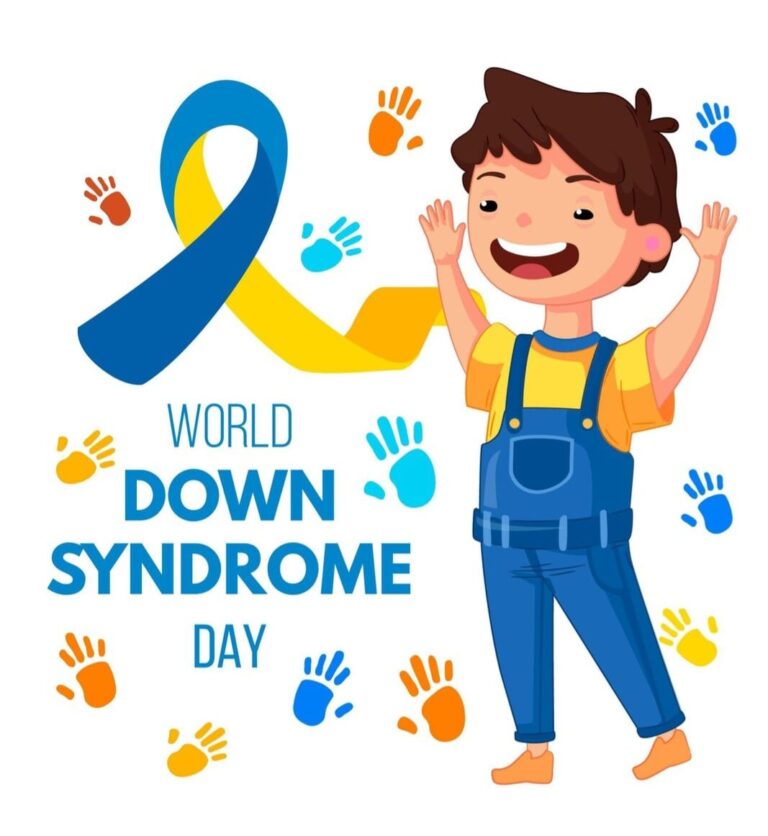What is a Premature Baby?
Introduction
A premature baby, also known as a preemie, is a baby born before the 37th week of gestation. Normal pregnancies last approximately 40 weeks, so preterm infants arrive significantly earlier. This early birth can have profound implications for the baby’s health and development. Understanding what it means to be premature, the challenges faced, and the care required can help in providing the best outcomes for these vulnerable infants.
Understanding Prematurity
Premature birth is classified based on the number of weeks the baby is born before the due date:
Extremely Premature: Born before 28 weeks of gestation.
Very Premature: Born between 28 and 32 weeks of gestation.
Moderately Premature: Born between 32 and 34 weeks of gestation.
Late Preterm: Born between 34 and 37 weeks of gestation.
Each category reflects varying degrees of developmental maturity and associated risks. Extremely premature babies, for example, face the highest risks and require intensive medical care.
Causes of Premature Birth
The reasons behind premature births are often complex and multifactorial. Common causes include:
Maternal Health Conditions: Conditions such as diabetes, hypertension, or infections can increase the risk of preterm labor.
Multiple Pregnancies: Twins, triplets, or more often result in earlier delivery due to the increased strain on the mother’s body.
Previous Preterm Birth: Women who have had preterm births before are at a higher risk of having another.
Lifestyle Factors: Smoking, drug use, and inadequate prenatal care are linked to higher rates of prematurity.
Physical Stress or Trauma: Severe physical stress or trauma during pregnancy can trigger early labor.
Health Challenges for Premature Babies
Premature babies often face a range of health issues due to their underdeveloped organs and systems:
Respiratory Problems: Preemies often have underdeveloped lungs, making them prone to respiratory distress syndrome (RDS). They may need respiratory support such as mechanical ventilation or continuous positive airway pressure (CPAP).
Cardiovascular Issues: Conditions like patent ductus arteriosus (PDA), where a heart vessel fails to close properly, can affect blood flow and oxygen delivery.
Neurological Concerns: The risk of brain bleeds or developmental delays is higher in preterm infants. Long-term follow-up is often necessary to monitor cognitive and motor development.
Gastrointestinal Issues: Premature babies may suffer from necrotizing enterocolitis (NEC), a serious condition affecting the intestines, and may need specialized feeding methods.
Immune System: Their immune systems are less mature, making them more susceptible to infections and requiring stringent hygiene and infection control measures.
Medical Care and Treatment
Caring for a premature baby involves specialized medical care to address their unique needs:
Neonatal Intensive Care Unit (NICU): Most preemies are admitted to a NICU, where they receive round-the-clock care from neonatologists and specialized nurses.
Respiratory Support: Devices like CPAP, incubators, and specialized ventilators help support the baby’s breathing and maintain their body temperature.
Nutritional Support: Premature babies may require intravenous feeding (parenteral nutrition) or specially formulated preemie formulas to meet their nutritional needs.
Developmental Support: Early intervention programs, including physical and occupational therapy, can help address developmental delays and support growth.
Parent Support: NICU staff provide education and emotional support to parents, helping them understand their baby’s needs and participate in care.
Long-Term Outcomes
The long-term outlook for premature babies has improved significantly due to advances in medical care. However, the risks associated with prematurity can persist:
Developmental Delays: Some preemies may experience delays in motor skills, language, and cognitive abilities. Regular developmental assessments can help identify and address these delays early.
Chronic Health Conditions: Conditions like asthma, vision problems, or hearing impairments can affect preemies. Ongoing medical care and specialist consultations are often required.
Educational Support: Preemies may need additional support in school to address learning difficulties or behavioral issues.
Conclusion
Being born prematurely presents significant challenges for infants, parents, and healthcare providers. Advances in neonatal care have dramatically improved survival rates and outcomes for preterm babies, but they still require careful monitoring and support. By understanding the complexities of prematurity and providing appropriate care, we can help ensure that these infants have the best possible start in life and support their development into healthy, thriving children.







